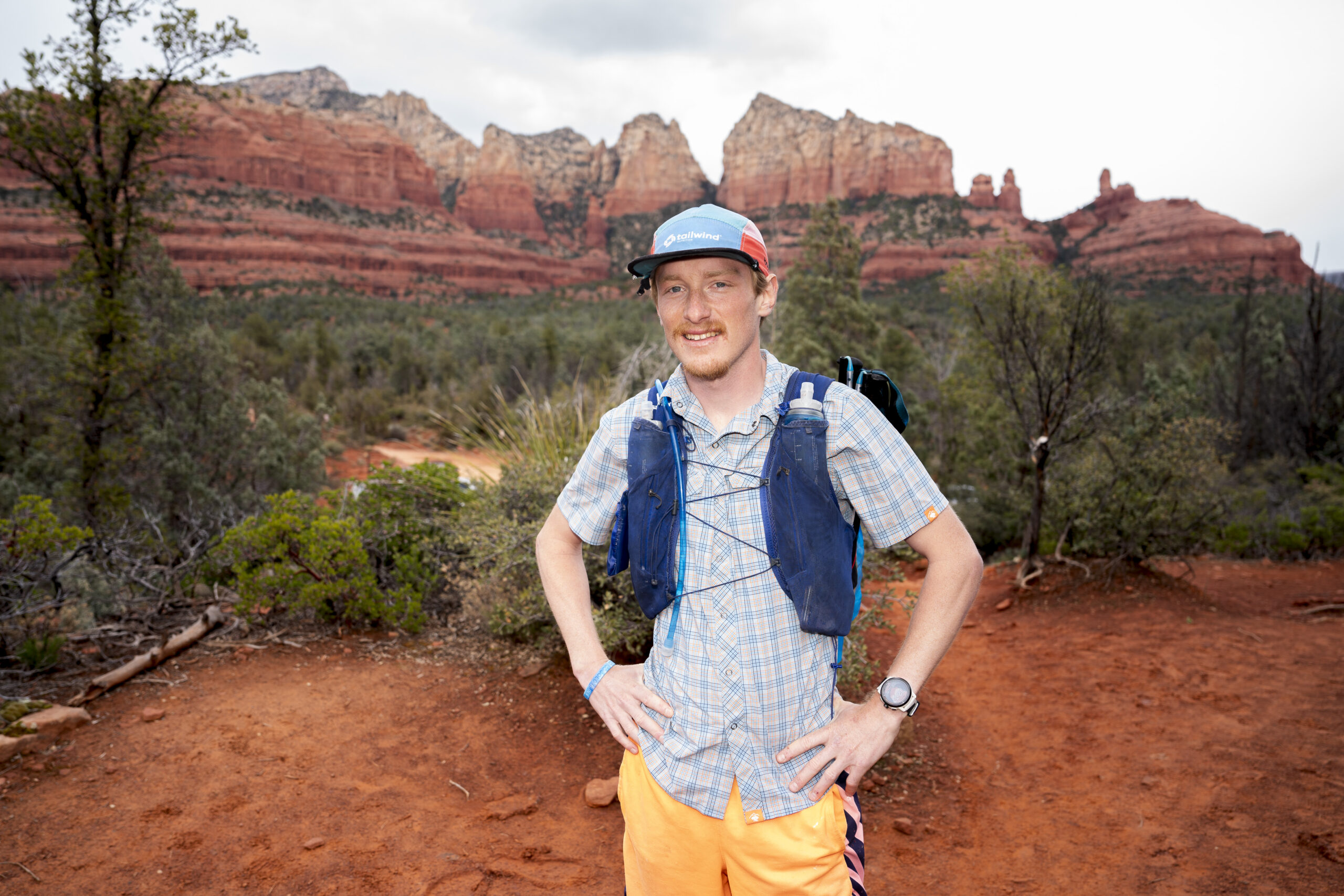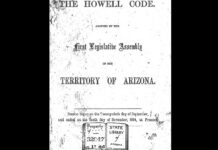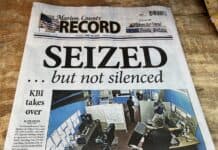
Sedona City Council candidates discussed their views on perhaps one of the most important issues for Sedona residents and voters: The environment.
Together the Keep Sedona Beautiful and Northern Arizona Climate Change Alliance invited the six council candidates to answer questions on environmental changes and Sedona’s Climate Action Plan from Northern Arizona University professor and NAZCCA board member Frances Riemer, Ph.D., KSB Trustee Peggy Chaikin as well as from the general public.
Four out of six candidates were present for the forum, with Scott Moffatt and Pete Furman both out-of-town for personal reasons.
Chaikin read Moffatt’s pre-written answers to the attendees, while Furman had proxy Mike Wise read his pre-written answers.
The forum covered an array of environmental issues around Sedona, from the statewide water shortage to Sedona residents’ responses to the city’s sustainability plans.
But perhaps, the most important issues for a City Council forum is the candidates’ interpretation of the city of Sedona’s Climate Action Plan, which directs the city to cut its greenhouse gas emissions by 50% by 2030; climate impacts on the general public and on lower income households; and the city budget.
“In terms of detailed priorities that the CAP plans out as tactics that are expected to drive greenhouse gas reductions, those should be our ultimate focus,” candidate Brian Fultz said. “They include community building incentives, clean energy financing, solar incentives and permitting, public transit investments and data planning for increased carbon reduction. But we need more than a set of priorities, we need to measure progress and metrics are limited right now.”
While the city’s sustainability team works on its metric dashboard, which is expected to be running by the end of the year, candidates like Moffatt said he believes tourism is the greatest impact of these greenhouse gas numbers.
“To have any chance of protecting the environment and natural resources in and around Sedona, we must start by containing and reducing the volume of tourists descending upon Sedona each year,” Moffatt wrote. “And it must start now.”
How climate change’s effects on low-income households and the city response was one of the four questions by the moderators. As many cities look for sustainable practices, incentivized solar panels and household retrofitting come up, but many critics question this solution due to lower-income households who would not afford these installations despite the incentives.
“Everyone is exposed to climate change, but not everyone experiences it to the same degree or in the same way. And not everyone has the resources to manage climate change effectively,” Furman wrote. “A big part of the how we implement the climate action plan is by doing so equitably and with consideration of the abilities and resources of all of our residents …. And our outreach must be done in both Spanish and English.”
Furman reiterated a point made previously by candidate Melissa Dunn that not all residents can afford environmentally conscious products in their homes, especially in Sedona’s lower-income households.
“We can’t turn a blind eye that not all of us are retired and wealthy,” Dunn said. “People here hurt in this climate change and we need to be able to be there and support them.”
Currently, the city proposed to budget $888,600 for the Sustainability Department’s direct costs out of the city’s not-yet-approved $112 million budget, although this does not cover all of the city’s sustainability goals in other departments, like sustainability efforts made in transit.
Candidates discussed how the city should reallocate funds in order to reach the goals set in the CAP.
“Right now, your city is rich, folks,” said Jon Thompson, an incumbent councilman seeking re-election. “There’s got to be some sort of light to the fact that you have to fight the traffic and deal with the tourism, and it’s the fact that they left a lot of their money here when they left… So as much [efforts] are necessary, as long as we have another dime to spend.”
But, perhaps one of the biggest disagreements is this very relationship between the city’s large budget and practical spending for sustainability.
“One approach I do take is for us to be regenerative with our economics … what would it look like if we had solar panels that were self-sufficient and off-the-grid so people did not have a bill anymore,” candidate Jennifer Strait said. “Everything I hear about sustainability is ‘how do I spend money, spend money,’ but how do I save money? And then with that extra money, what could we do with it?”
The full recording of the forum can be found on both the NAZCCA and KSB websites. The mayoral candidate forum on environmental changes and Sedona’s Climate Action Plan is planned for Tuesday, July, 5.





















